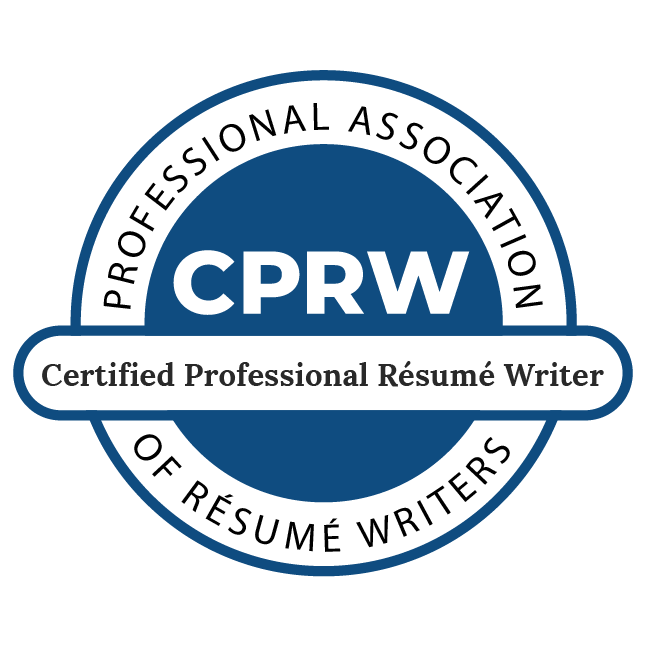At Upword Resume we focus on resumes and LinkedIn profiles to help you land a job. But what about making a strong impression once you arrive at your new job?
While most professionals understand the importance of being strategic and making a strong impression during the job search and interviewing process, they sometimes fail to maintain that intentional strategy once they land the job.
In the current economy, many companies are in flux. Organizational changes and downsizing are common, making it more important than ever to cultivate your relationships and quickly establish your value.
I checked in with women’s leadership coach Nichole Harrop to find out exactly how to be successful at a new job. Nichole specializes in new job startups and has seen the difficulties professionals face when they fall into bad habits, take their workplace cues from the wrong places, or fail to establish a positive relationship with their new boss.
Here are Nichole’s Top 3 tips for building a foundation of success:
1. Build relationships
Just like you to work create connections and make a positive impression during a job interview, maintain that same energy in your first 30 days at a new job. When you enter a new workplace, you’re meeting many new people each day and it can be overwhelming. Your goal is to make connections with as many coworkers as possible in your first 30 days.
Think of each of those connections as stakeholders who are potential allies, resources, and partners. You’re cultivating a strong presence so coworkers know who you are and support your role. This kind of internal networking turns coworkers into allies and smooths your path the next time you need information or need help getting something done.
To cultivate these relationships, get curious and ask questions each time you meet someone new. Keep conversations going, on both personal and professional topics, and follow up on the information you’ve learned. For example, if a coworker mentions an upcoming trip, be sure to follow up and ask them how it went.
Since remembering names and details can be overwhelming in a new workplace, develop the habit of jotting down notes in a small notebook. (You can also use the notes section of your phone, but looking at your phone can make it appear that you’re not paying attention.) Note names, jobs, and details like hobbies, kids, or pets so you can continue an authentic and engaged relationship going forward.
And as with all networking (and all relationships!), offer to give help and add value whenever you can.
2. Create a 30/60/90-day Plan
As soon as possible in your new role, initiate a meeting with your direct leader to discuss and define what success looks like within your first 30, 60, and 90 days. Laying out an actionable, phased plan enables you to focus on what’s most important and execute on each step rather than feeling overwhelmed and inadequate as you adapt to your new role.
Allow time to orient yourself to internal processes, new responsibilities, and corporate culture. Your 30-day plan may be to absorb and learn. Your 60-day plan may be to identify the best ways to make an impact in your organization.
As you’re planning your contributions, maintain a spirit of humility. The truth is that when you start a new role—no matter how well qualified you are—there’s lots you don’t know, and lots you don’t know you don’t know. Embrace the I don’t know what I don’t know mentality and ask for information and clarification as much as you need until the lightbulb goes on and you reach I know what I don’t know and Now I know.
3. Define what success looks like in your role
Once you have charted your 30/60/90-day plan, your next objective is to clearly define success in your new role and how it will be measured. Again, communicate directly with your boss to identify the metrics you’ll be measured against and get clarity on the expectations you’ll be held accountable for.
As you actively work to align yourself with your boss’s expectations, you’re winning their buy-in and support, turning them into your advocate and ally.
Identify coworkers who are successful in those same metrics and chart how you can be like them. Initiate casual conversations where you can ask questions and solicit advice. See if you can do a side-by-side and learn from them in action.
By this point, you’re ready to establish goals for yourself. Push towards projects that deliver value for your new employer while stretching your professional capacity. This type of energetic and proactive workplace contribution makes you a successful contributor to the team.
For more resources on being successful at work, check out Nichole Harrop’s online courses and 1:1 coaching.
Nichole and I connect because we’re both firm believers that a successful career is manageable–with the right knowledge and resources. Our passion is helping people find more fulfillment, stability, and prosperity in their careers. If you’re feeling frustration, fear, or anxiety about your career, take the proactive step of prepping your resume and LinkedIn profile. Whether you’re starting an active job search or just standing ready for that perfect opportunity to come along, Upword Resume is here to help.

